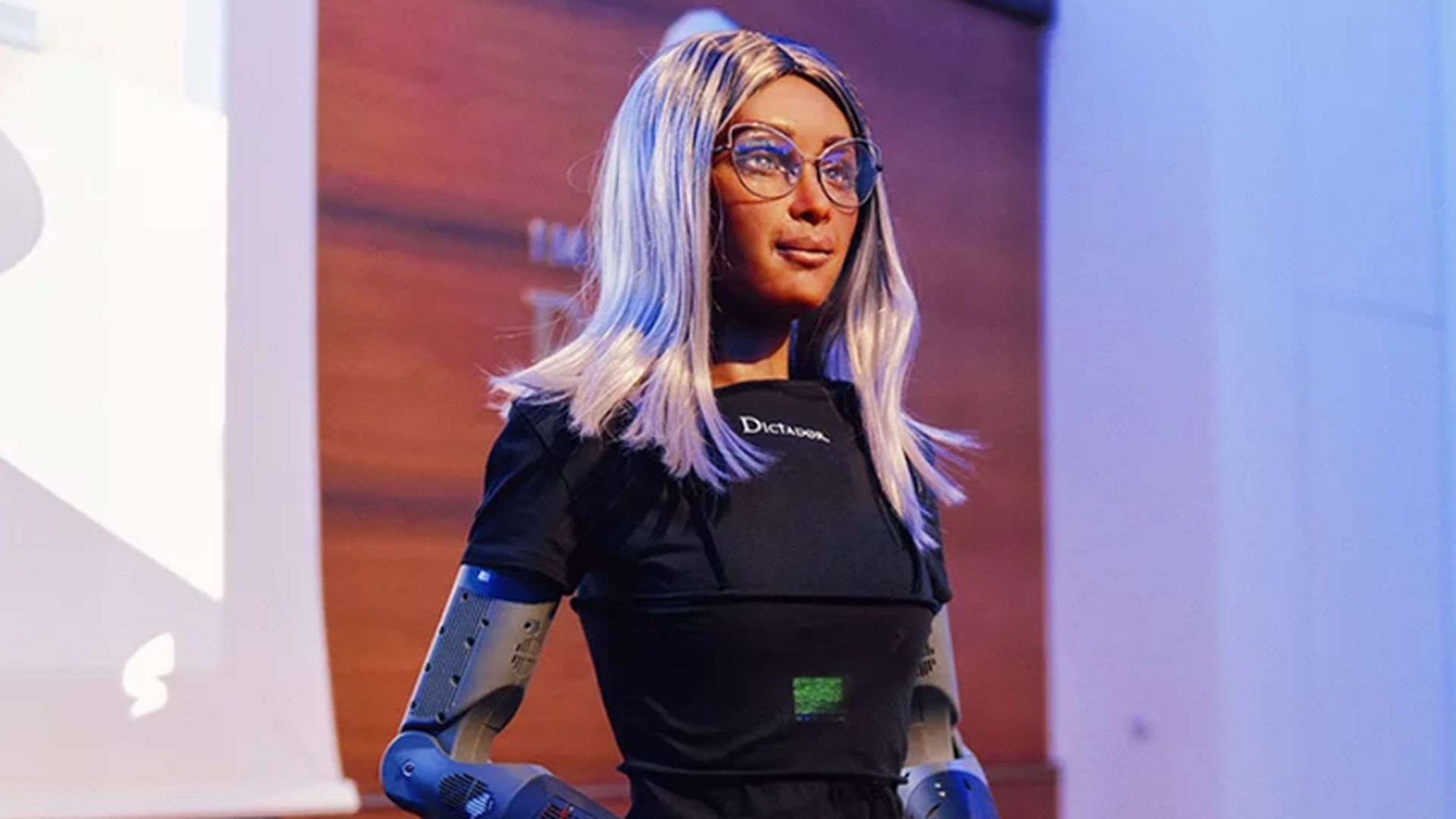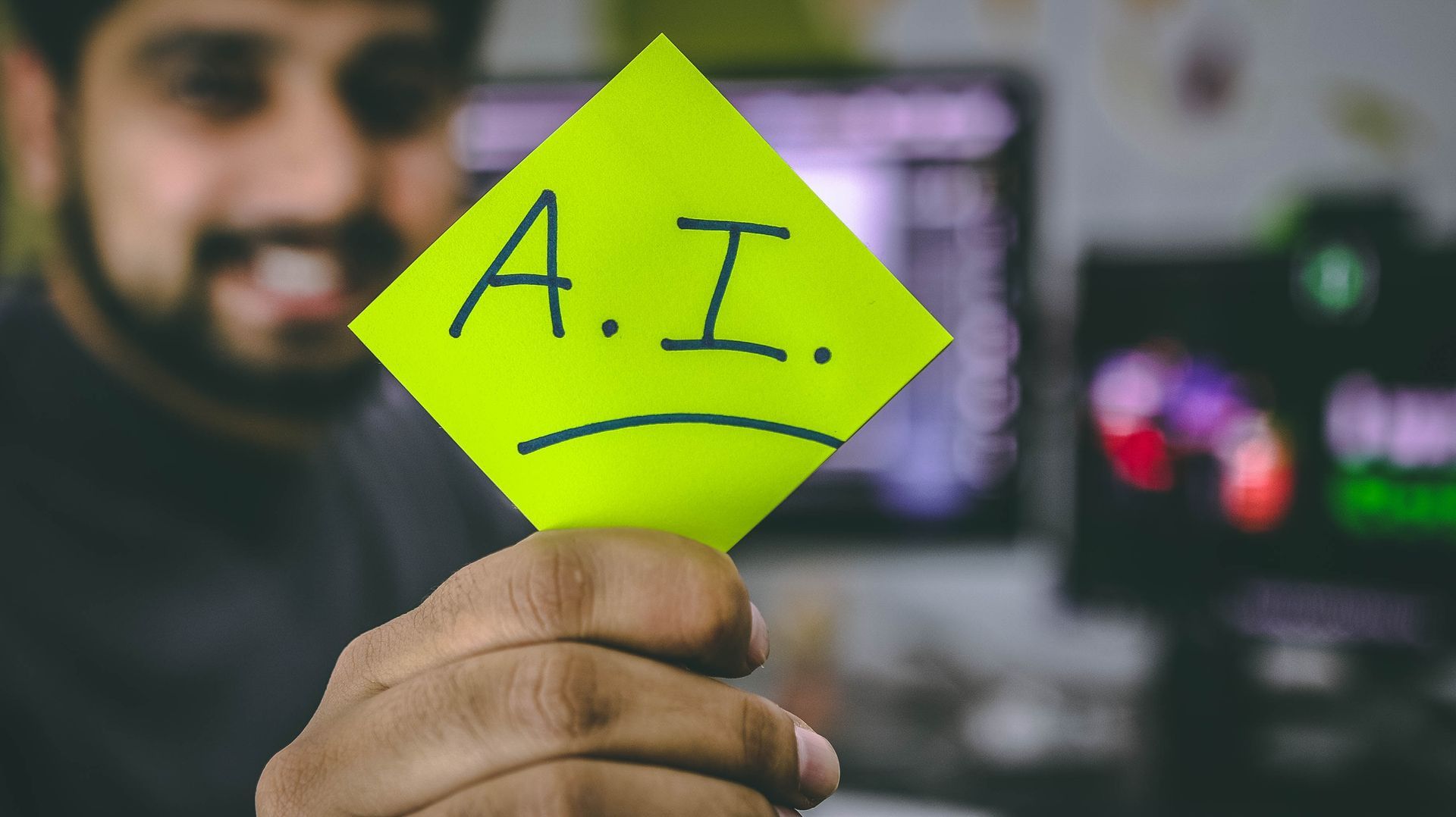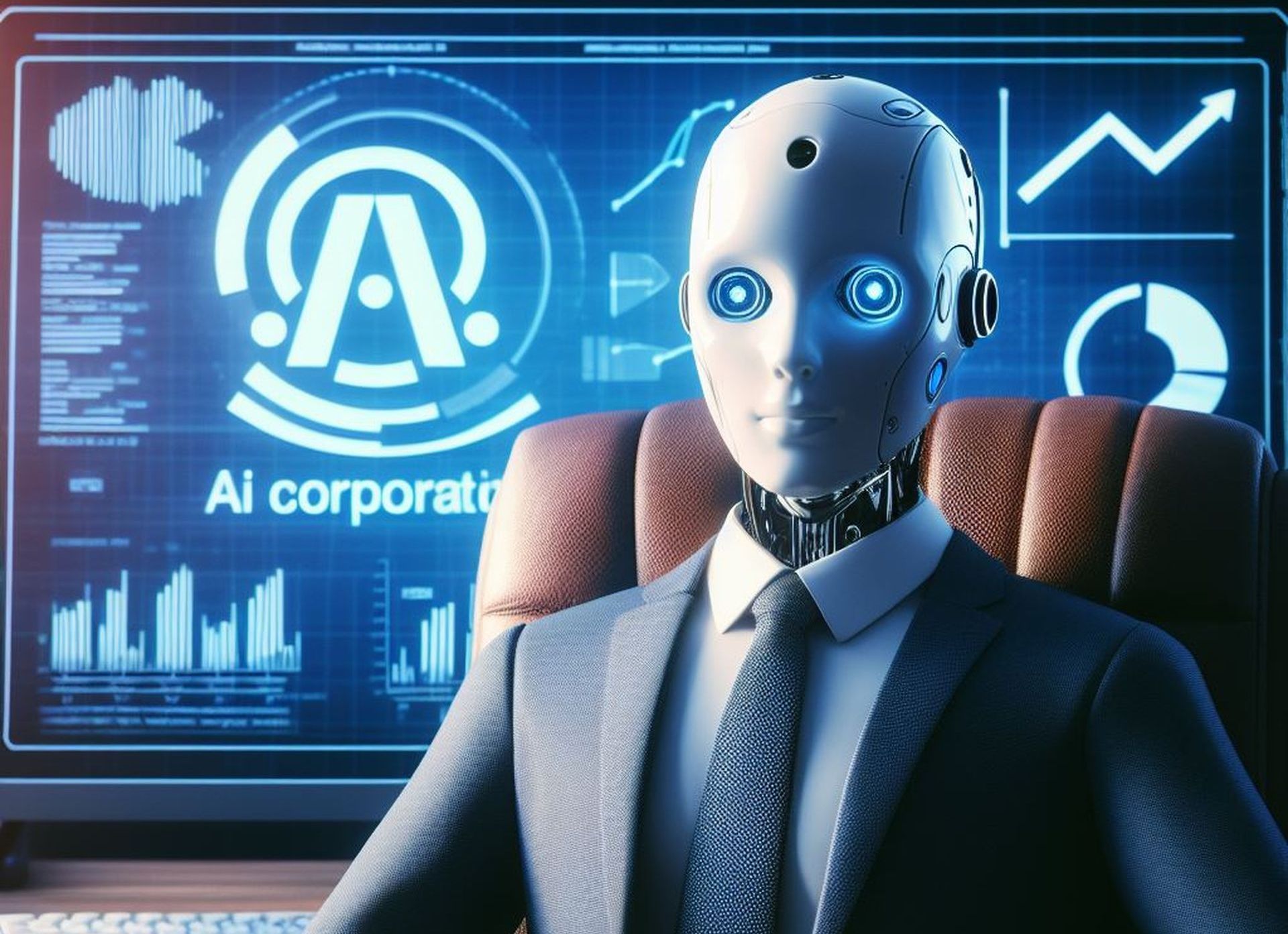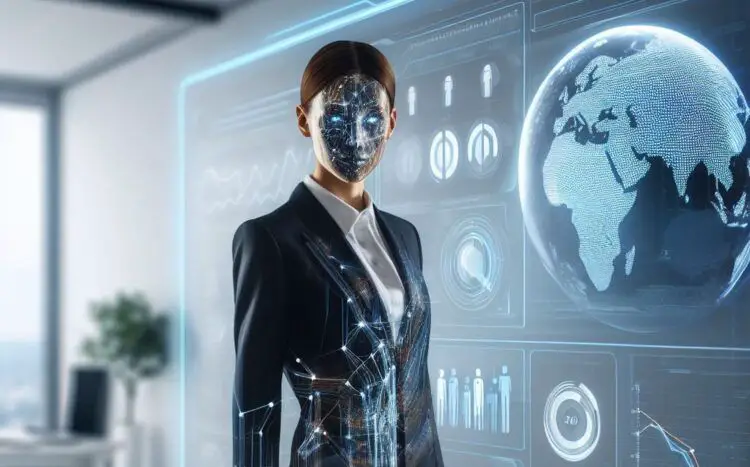Say hello to Mika AI CEO! As the world grapples with the impact of artificial intelligence (AI) on the job market, one company has appointed a humanoid robot as its CEO. Meet Mika, the business world’s first AI-powered CEO who is set to revolutionize the way we think about leadership and technology. In this article, we’ll discuss the details of Mika’s appointment and share the potential benefits and challenges of having a robot CEO.
How was Mika AI CEO appointed?
The decision to hire Mika as CEO was a joint effort between Hanson Robotics and Polish rum company Dictador. The goal was to create a unique representation of the company’s values and showcase the capabilities of advanced AI technology. According to David Hanson, CEO of Hanson Robotics, it is crucial to “humanize” AI to ensure safety and good behavior in machines.

FOX Business reporter Lauren Simonetti raised questions about the feasibility of using AI in high-pressure decision-making situations, highlighting a significant delay in Mika’s processing and reaction time. However, supporters argue that AI can bring unparalleled accuracy and speed to data analysis, making it an invaluable asset in the corporate world.
Americans are discussing
Simonetti took to the streets of New York to get the views of ordinary Americans on the idea of a robot boss. While some expressed concerns about losing their jobs, others were more open-minded and advocated compassion and understanding towards any intelligence, whether human or machine. One man even argued that robots don’t need respect because they are machines.

Potential benefits and challenges
Mika’s appointment as CEO raises important questions about the future of work and the role of AI in society. Some experts predict that AI will continue to replace human jobs, leading to increased inequality and social unrest. Others believe AI has the potential to revolutionize industries and create new opportunities for innovation and growth.
In 2016, Hanson Robotics introduced Sophia, Mika’s sister, who declared her intention to “destroy humans.” The recent executive order issued by President Biden requiring companies to share national security risks with the government and protect Americans from the potential risks of AI adds to the urgency of these discussions.

Conclusion
As we navigate the complex landscape of AI in the workplace, one thing is clear: the future of employment will be shaped by our ability to adapt to technological advances while preserving the values that make us human. Whether you view Mika AI CEO as a groundbreaking innovator or a harbinger of the apocalypse, there is no denying that the rise of AI will have a profound impact on our collective destiny. As we move into this uncertain territory, it is up to us to ensure that technology serves humanity, not vice versa.
Featured image credit: (Barış Selman / DALL-E 3)





